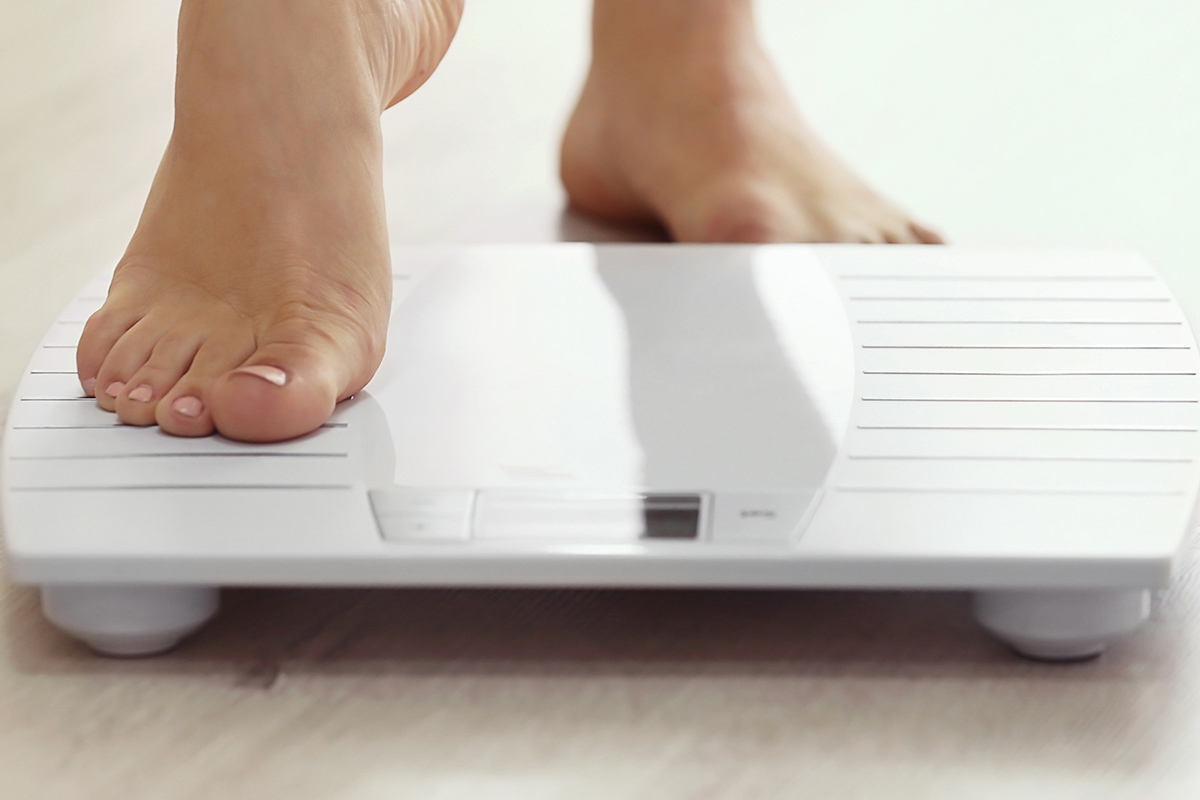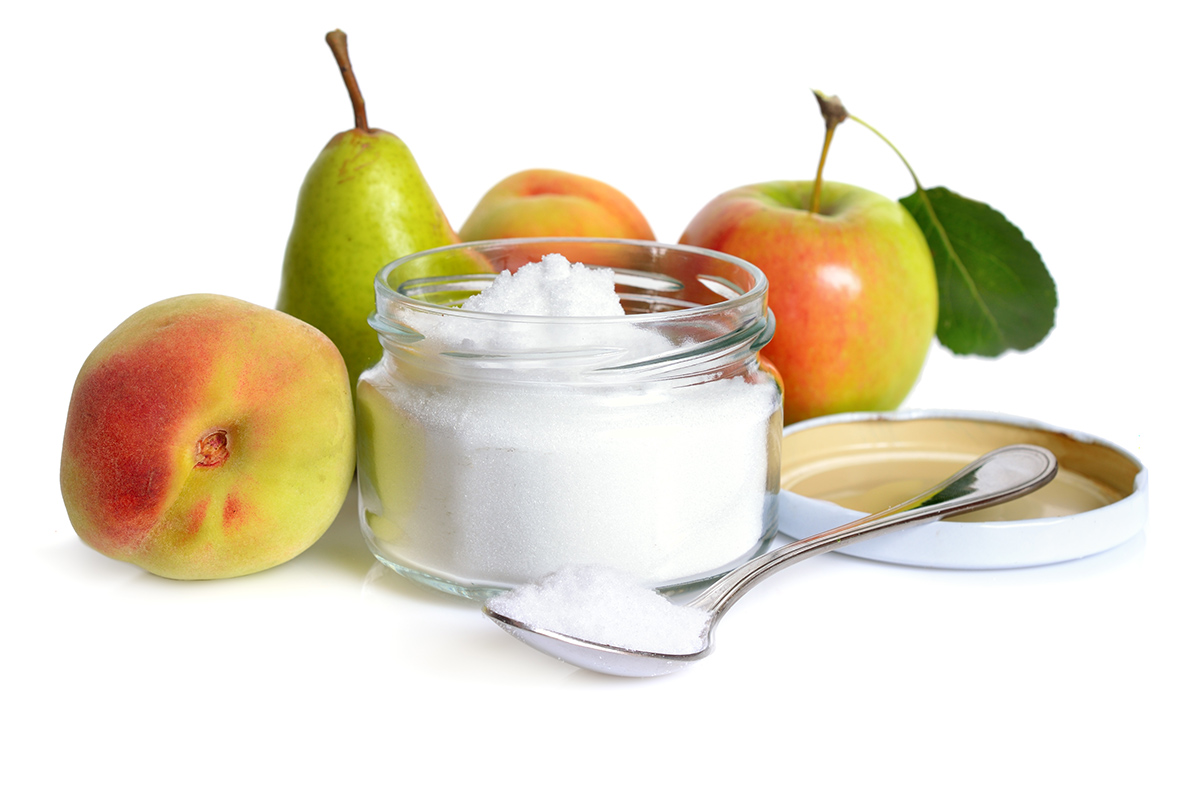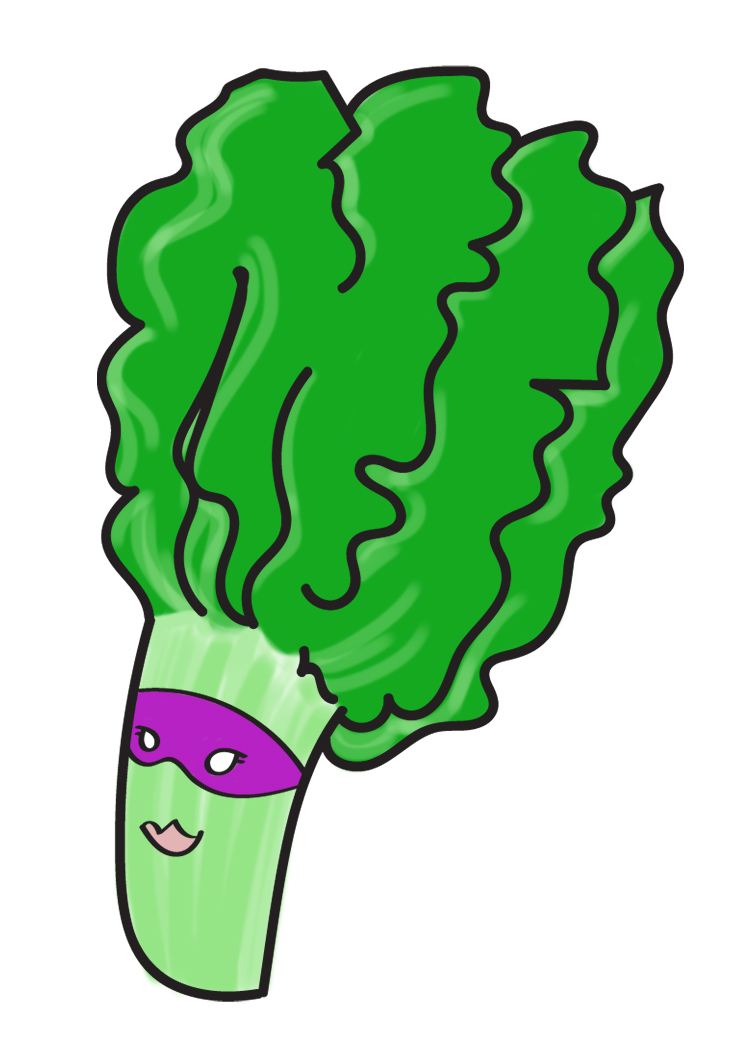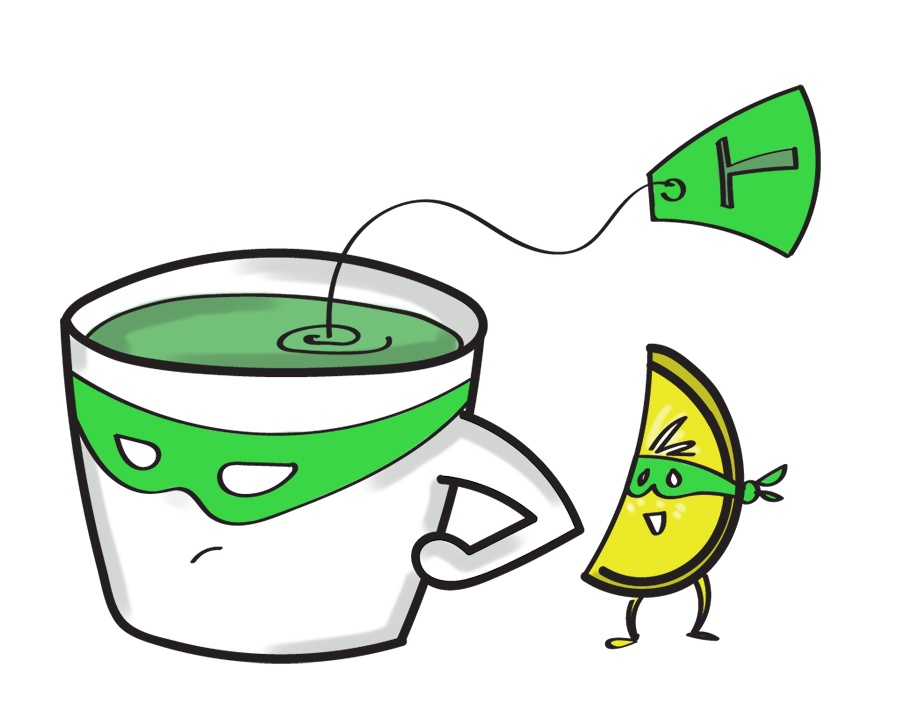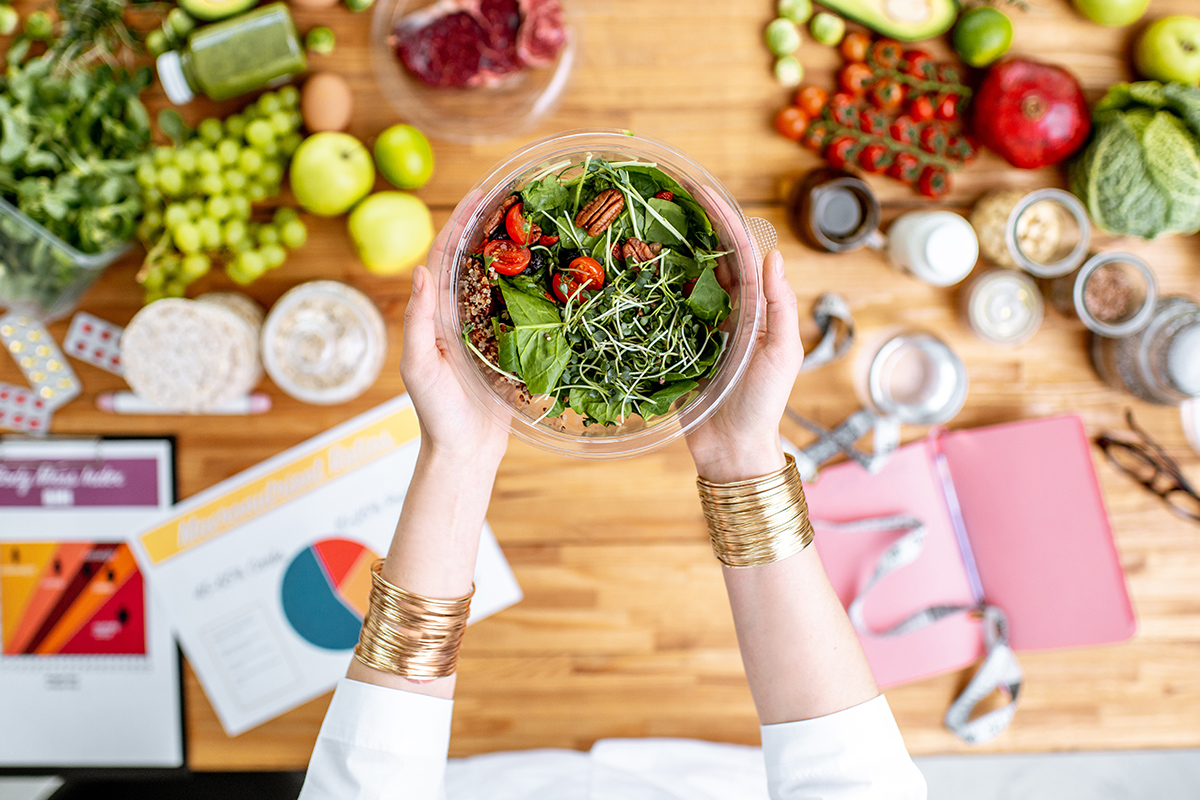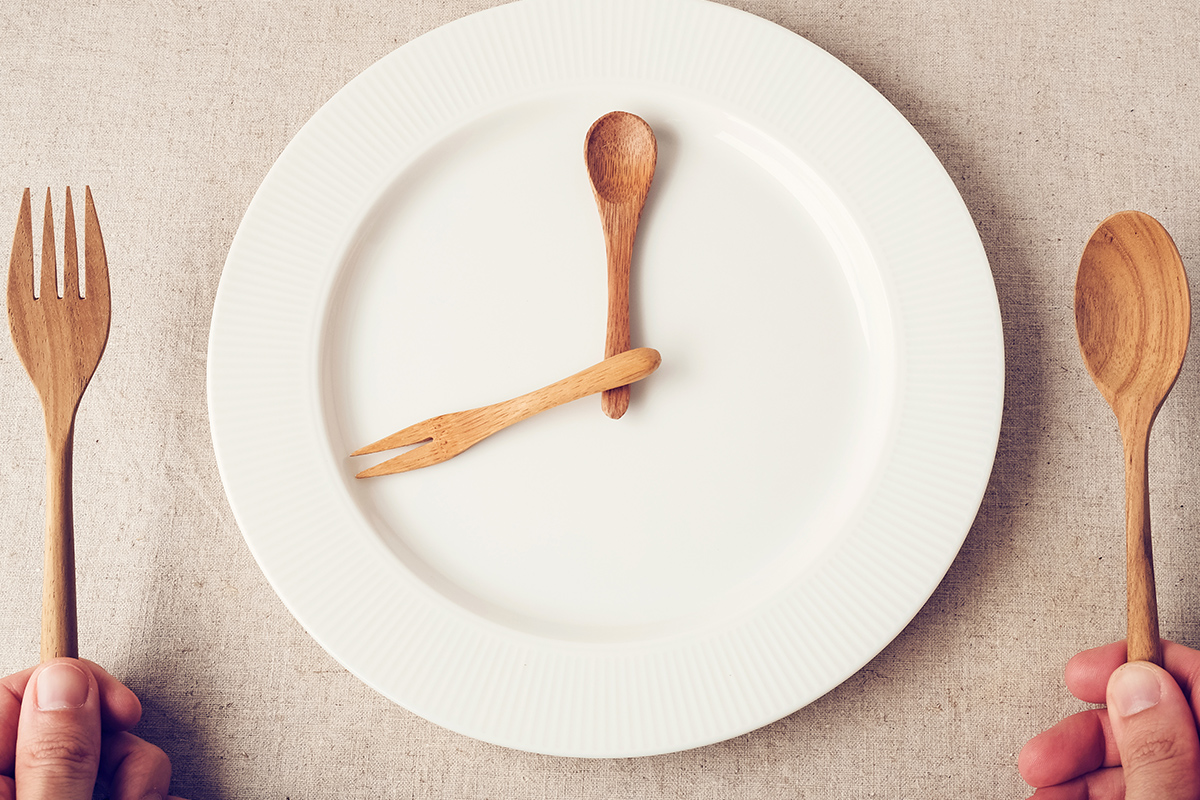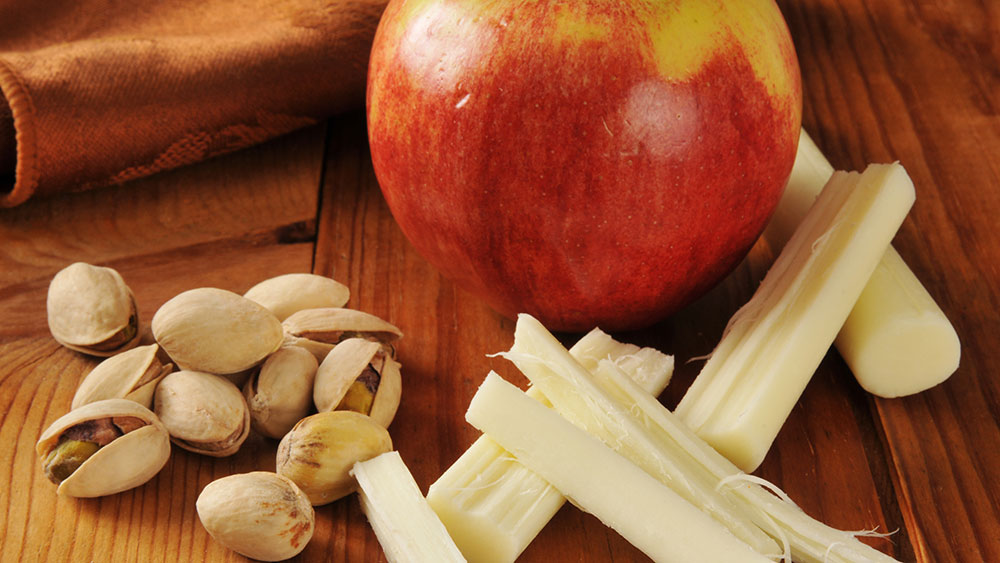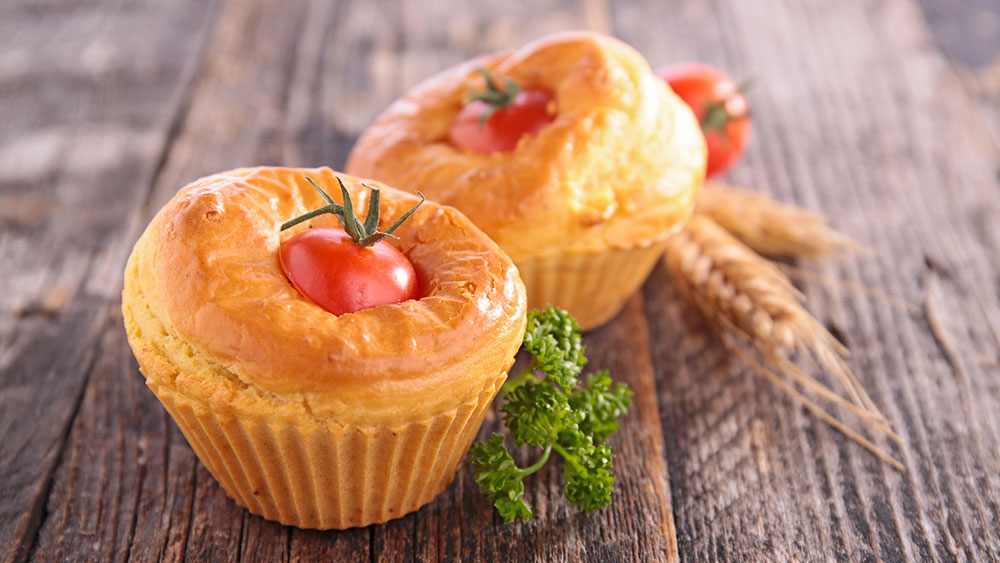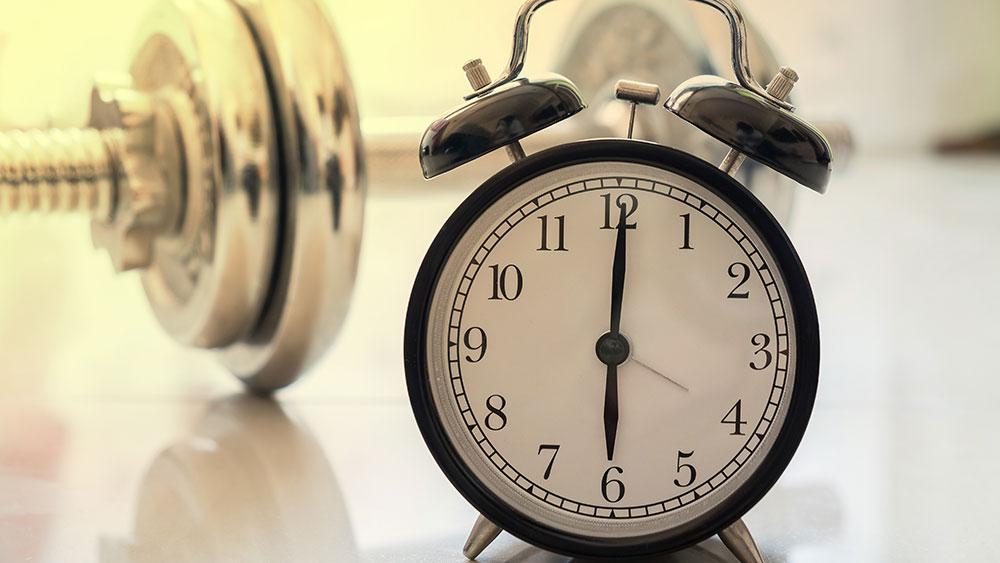Debbie James, RDN, helps answer a reader’s question about how to handle her weight loss plateau, despite no cheat days and a daily workout.
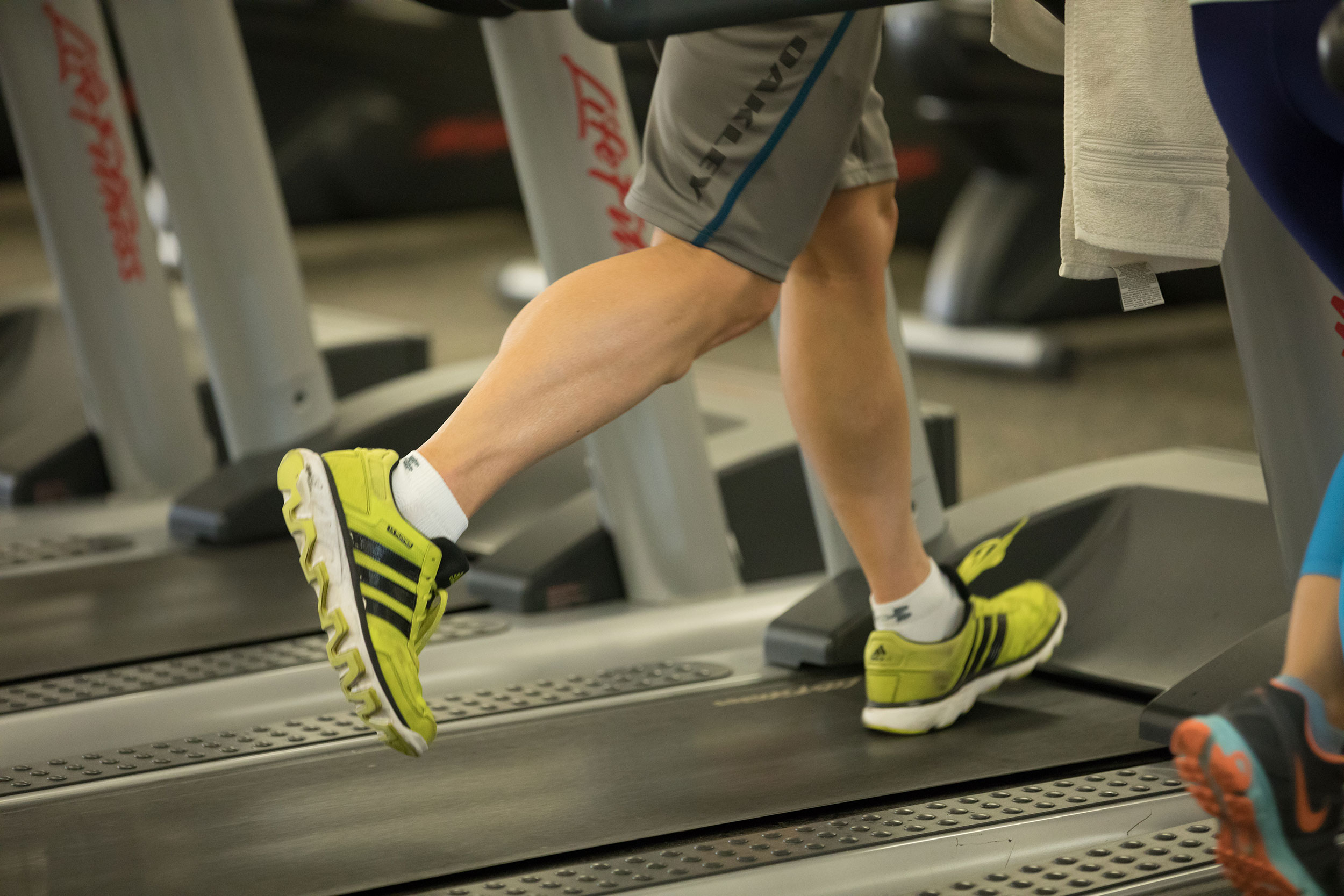
Nutritional Advice for PEB Tests | Q+A

Question:
I’m a heavy guy and I need to pass my Physical Efficiency Battery (PEB) test next month. I can run 1.5 miles in 15 minutes and 53 seconds. I’m nervous because I can only do very short bursts, for a short period of time. I need a better diet and workout plan. I need to lose body fat. I don’t eat sweets or drink soda. If I do have a soda, it’s Pepsi, caffeine-free, or diet, aspartame-free. I eat a lot of chicken breast, rice, eggs, fish, oatmeal, nuts, peanut butter, rice cakes, and protein.
– Justin D.

Answer:
Physical performance tests for public safety personnel such as your PEB test are tough to say the least! To increase your endurance and lose body fat, you’ll need to add a bit of vegetables, watch portions, and perhaps add a little fruit or dairy. Here’s a sample 2100 calorie day (32% fat, 43% carbohydrate, 25% protein) with your base diet in mind:
– Debbie J., MS, RD
Breakfast:
1 C. cooked plain oatmeal, 2 Tbsp. nuts, 2 eggs in 1 tsp oil
Snack #1:
8 rice cakes, 1 Tbsp. peanut butter, ½ banana
Lunch:
6 oz. chicken, ½ potato w/ 1 tsp margarine, 1 C. summer squash
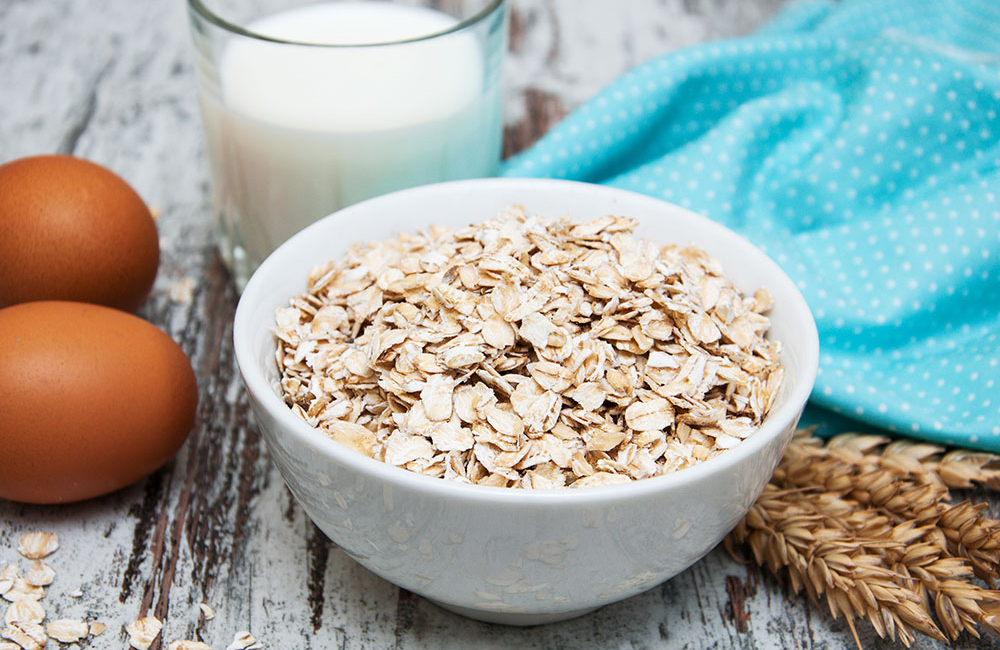
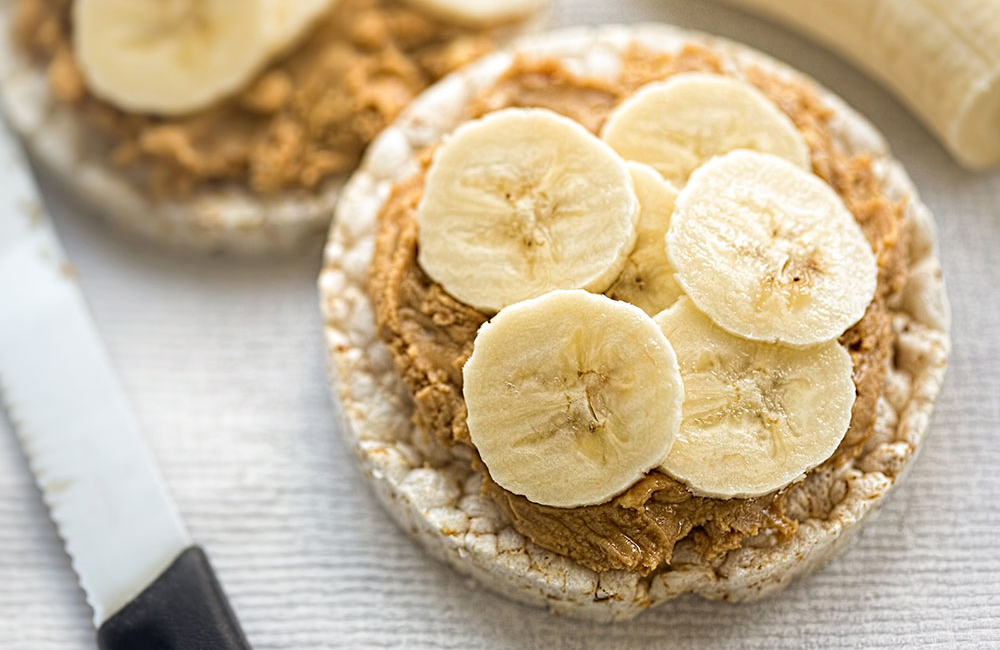

Snack #2:
6 oz. plain Greek yogurt, 1 C. berries
Dinner:
Fish fillet in 1 tsp oil, 1 C. rice, 1 C. green beans
Post-workout:
30 gm protein powder



Want more? SUBSCRIBE to receive the latest Living Healthy articles right in your inbox!
This article should not replace any exercise program or restrictions, any dietary supplements or restrictions, or any other medical recommendations from your primary care physician. Before starting any exercise program or diet, make sure it is approved by your doctor.
Some questions have been edited for length and/or clarity.
Ask our Dietitian
 Have a nutrition question? Our registered dietitian is ready to help!
Have a nutrition question? Our registered dietitian is ready to help!
Email nutrition@lafitness.com or submit your question below and it may be featured in an upcoming article!
Recommended Reading - Q+A
Is Fructose to be Feared? | QA
Debbie James, RDN, helps answer a reader’s question on whether fructose is as bad as table sugar (sucrose).
No Results Found
The page you requested could not be found. Try refining your search, or use the navigation above to locate the post.


